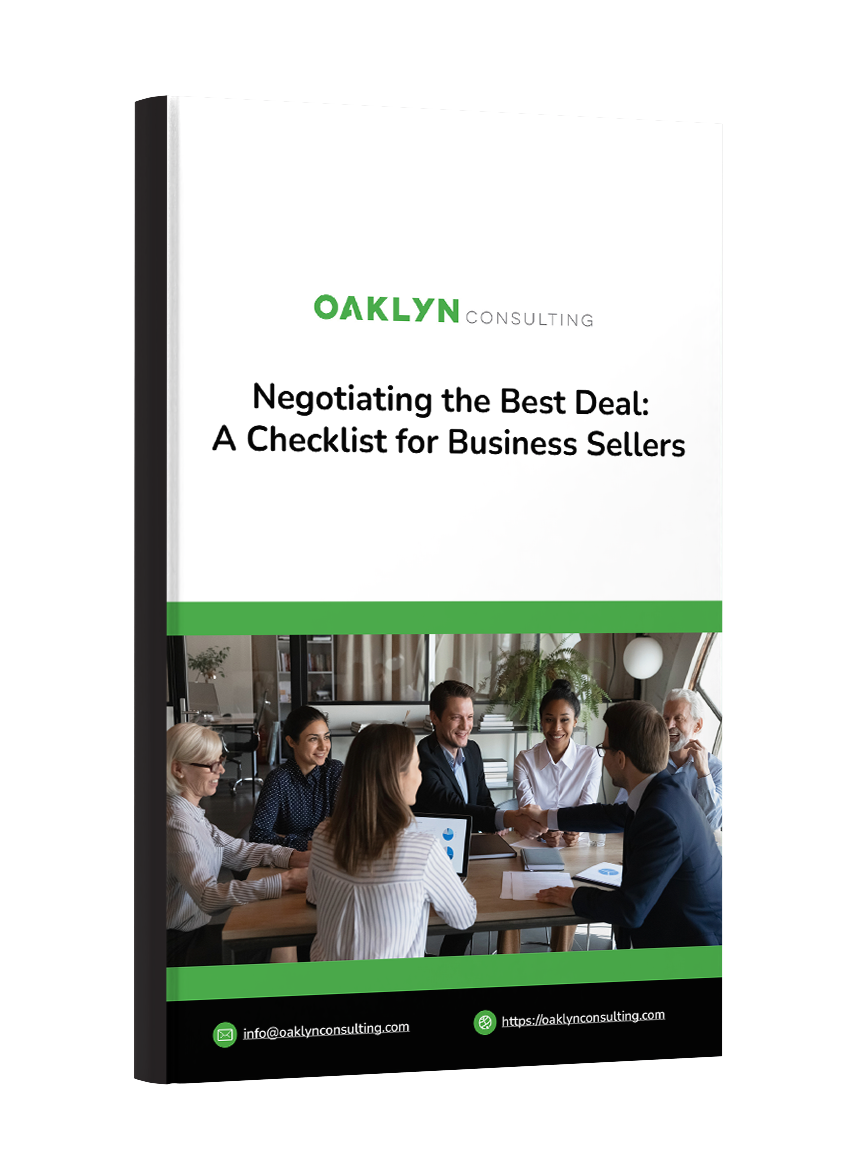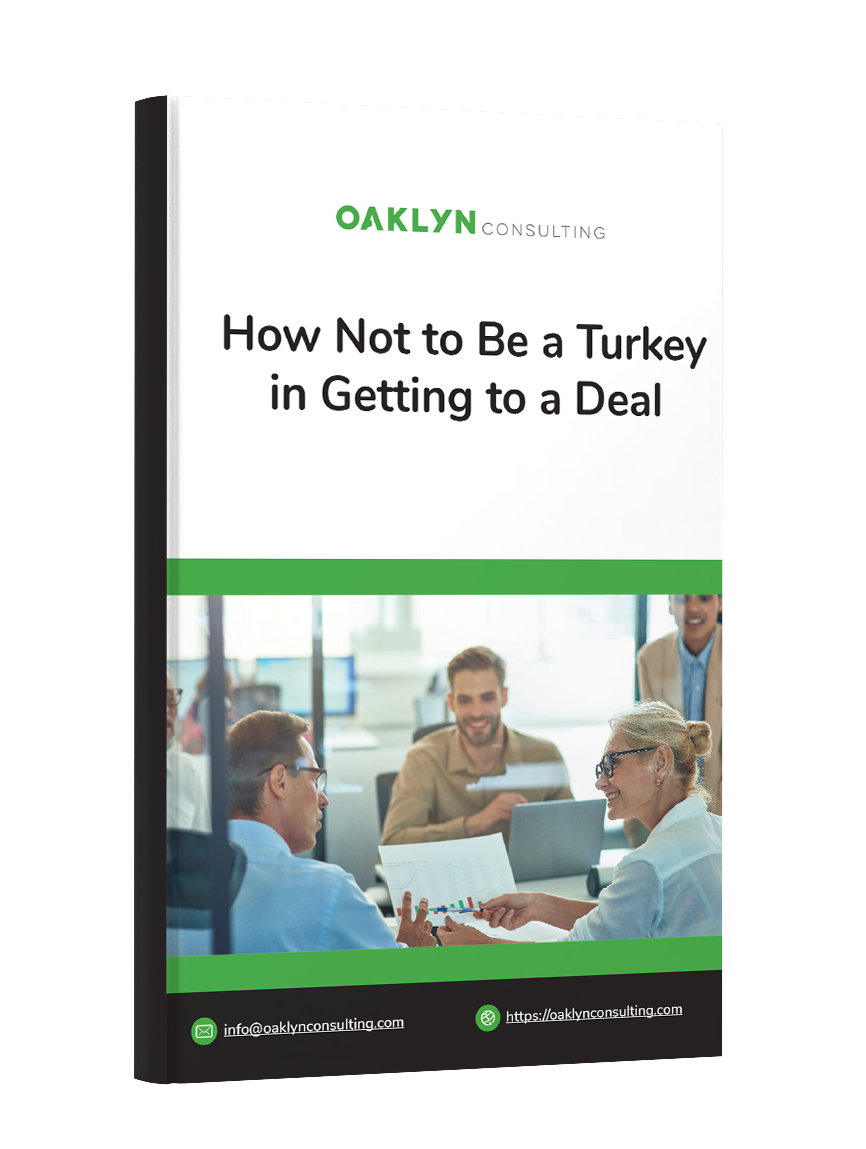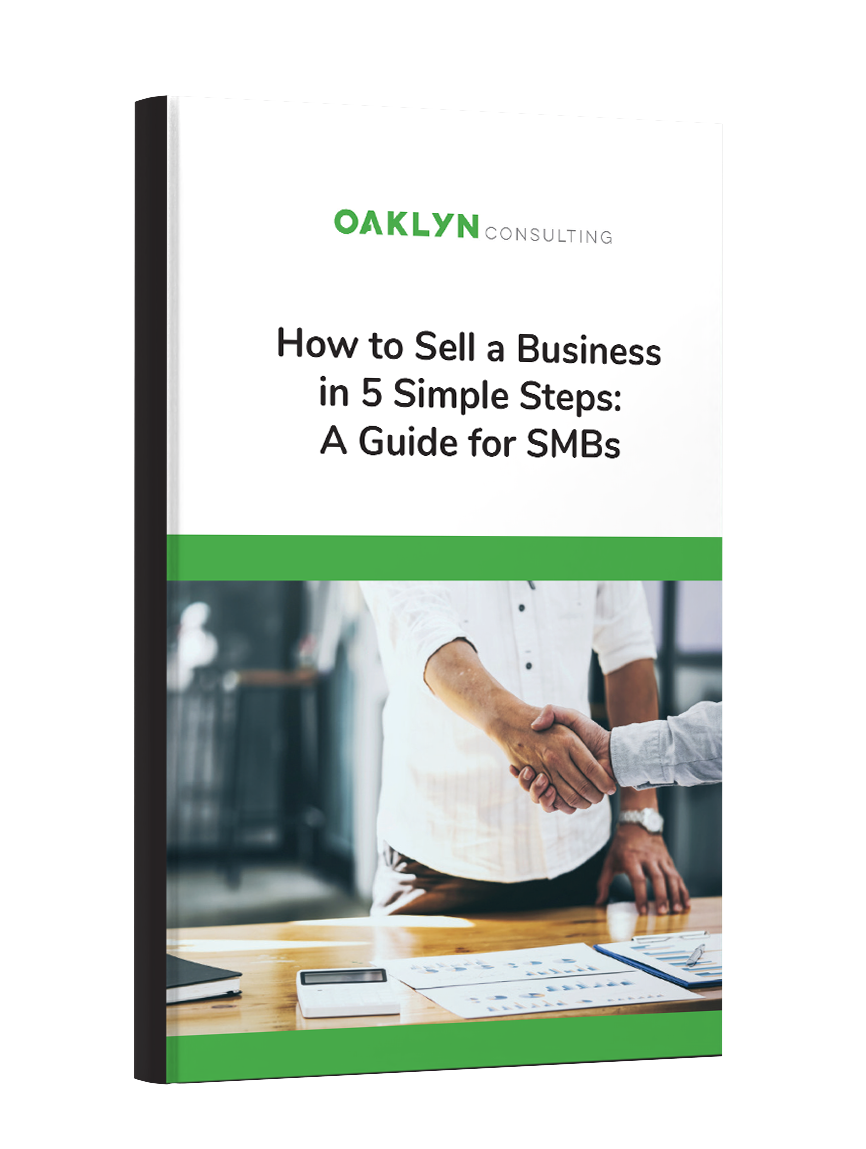Venture capital investors typically know how to handle their clearly winning and losing investments. The challenging ones are those that could be valuable, but are currently bleeding cash. It was a pleasure to contribute an article to the Memphis Business Journal offering four ways to stop the bleeding from a struggling VC investment.
Read the article in Memphis Business Journal.
Read the article in PDF.
“We’ve got to stop the bleeding.”
My client was a venture capital (VC) investor, talking about a small software company that had been in his portfolio for five years.
“But,” he said, “we don’t want to shut it down.”
The company had customers and real revenue but had struggled to find profitability, and the investor was tired of writing checks to keep it going.
Every VC investor likes to talk about their winners; winners are easy. And, the decision for the clear losers is easy; those you can shut down. The hard investments are the ones in between: possibly valuable but still bleeding cash. Even if the bleeding is just a trickle, it can be painful if there’s no end in sight.
When an investment reaches this point, there are four main options:
1. Sell the company: An ideal sale in this situation is to a strategic buyer who values the company for what it adds to their own company. These sorts of buyers can be hard to find but are worth the effort when you find the right combination.
Competitors and current customers are a great place to find potential buyers, though this avenue can be risky: Even a good client might fear losing a vendor and take the opportunity to look around for a replacement.
If a strategic buyer does not appear, the company can still be sold for its revenue. Acquisitions can be a quick way for a buyer to expand their client base or add to their team (an “acqui-hire” often makes sense for the buyer, the seller, and especially the team). Finding the company a “new home” can unlock unrealized value, especially if the new home has a better distribution or sales network.
2. Find a partnership: A beneficial combination is more possible if the seller is willing to accept stock as payment. For the software company in our example, the software itself can find new value with a new home and give the investor some longer-term upside instead of being a drain on resources.
3. Find a new client: The seller’s products or services might be of use to some companies that just don’t have the money for a partnership or acquisition or are just not interested. Don’t overlook the obvious solution here: Perhaps they would be a great new client, one that could save the company or at least buy some time. Many owners overlook this option because they expect their sales force to have already found these opportunities. But, a new perspective and new opportunities can emerge as a company looks through its options.
4. Shut it down: This should be considered only if there are no other options. Shutting down a company is always more costly than expected. It’s always preferable to:
1) Find another company to take it over
2) Cut expenses down to almost nothing and let it run out
3) Employ any other creative solution to keep the company alive without dumping more money into it
How did the investor above, our client, come out? After a thorough process, two new client prospects emerged. In both cases, they needed the technology but could not afford the time or money for an acquisition.
Fortunately, the company had options, and the investors had a deep understanding of the current market and the company’s value. They made a wise decision to pursue a revenue-sharing arrangement that had been on their back burner and had been roused by the process.
The investors were able to “stop the bleeding” and the company was able to keep all of its employees — living or dying on its own merits, not monthly checks from its investors.



